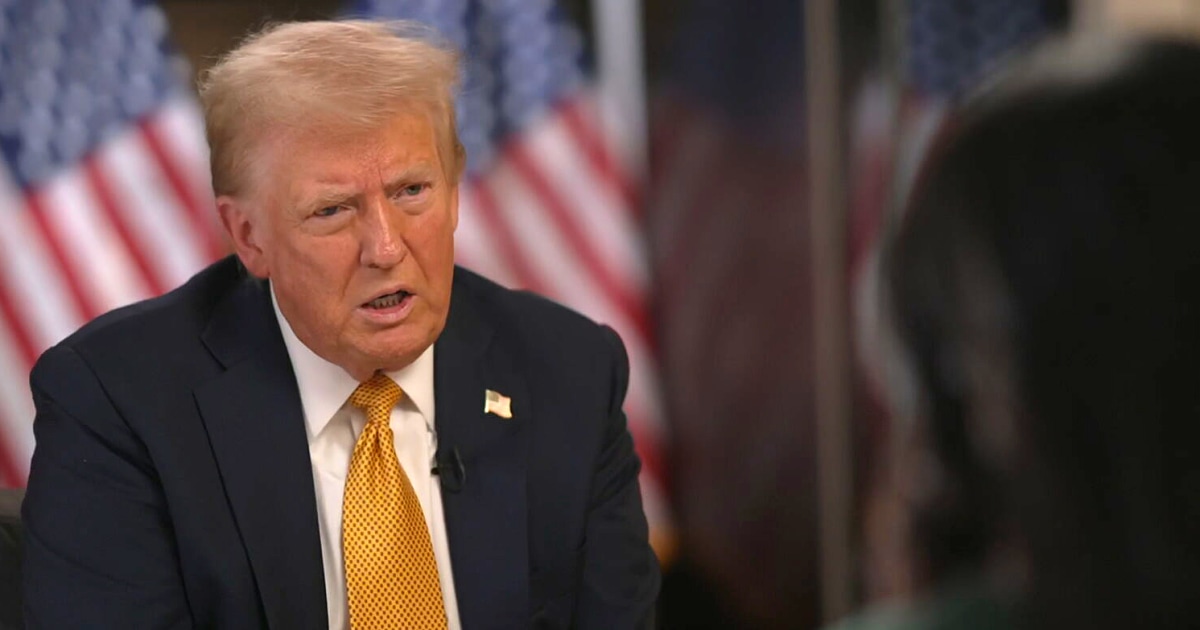
President-elect Donald Trump suggested that Robert F. Kennedy Jr., his pick to run Health and Human Services, will investigate supposed links between autism and childhood vaccines, a discredited connection that has eroded trust in the lifesaving inoculations.
“I think somebody has to find out,” Trump said in an exclusive interview with “Meet the Press” moderator Kristen Welker. Welker noted in a back-and-forth that studies have shown childhood vaccines prevent about 4 million deaths worldwide every year, have found no connection between vaccines and autism, and that rises in autism diagnoses are attributable to increased screening and awareness. “If you go back 25 years ago,” Trump claimed, “you had very little autism. Now you have it.”
“Something is going on,” Trump added. “I don’t know if it’s vaccines. Maybe it’s chlorine in the water, right? You know, people are looking at a lot of different things.” It was unclear whether Trump was referring to opposition by Kennedy and others to fluoride being added to drinking water.
Kennedy, the onetime independent presidential candidate who backed Trump after leaving the race, generated a large following through his widespread skepticism of the American health care and food system. A major component of that has been his false claims linking autism to childhood vaccinations. Kennedy is the founder of a prominent anti-vaccine activist group, Children’s Health Defense.
The agency Trump has tasked him with running supports and funds research into autism, as well as possible new vaccines.
The debunked link between autism and childhood vaccines, particularly the inoculation against mumps, measles and rubella, was first claimed in 1998 by a British doctor who was later banned from practicing medicine in the United Kingdom. His research was found to be critically flawed and was subsequently retracted. Hundreds of studies have found childhood vaccines to be safe.
Autism diagnoses have risen from about 1 in 150 children in 2000 to 1 in 36 today, though researchers have pointed to increased screening and changing definitions of the condition as the basis for that rise. Scientists have found a strong genetic link to the complex disorder, with many risk factors occurring before birth or during delivery.
Trump, too, has for years suggested a link between autism and vaccines.
“Hey, look, I’m not against vaccines,” Trump said during the interview with Welker. “The polio vaccine is the greatest thing. If somebody told me, ‘Get rid of the polio vaccine,’ they’re going to have to work real hard to convince me. I think vaccines are — certain vaccines — are incredible, but maybe some aren’t. And if they aren’t, we have to find out. But when you talk about autism, because it was brought up, and you look at the amount we have today versus 20 or 25 years ago, it’s pretty scary.”
The comments are a shift from when Trump, after Kennedy’s endorsement, said he would let him “go wild” on public health issues.
Trump added he thinks that “a lot of good things” are going to come from Kennedy’s leadership. In the final stretch of the campaign, Kennedy held events under the “Make America Healthy Again” banner — a slogan he has used to promote issues like reducing pharmaceutical companies’ influence on government agencies, combating chronic health issues among children and improving food safety.
“He’s not going to upset any system,” Trump said. “He’s not looking to reinvent the wheel totally. But when you look at the numbers, we really don’t have a very healthy country.”

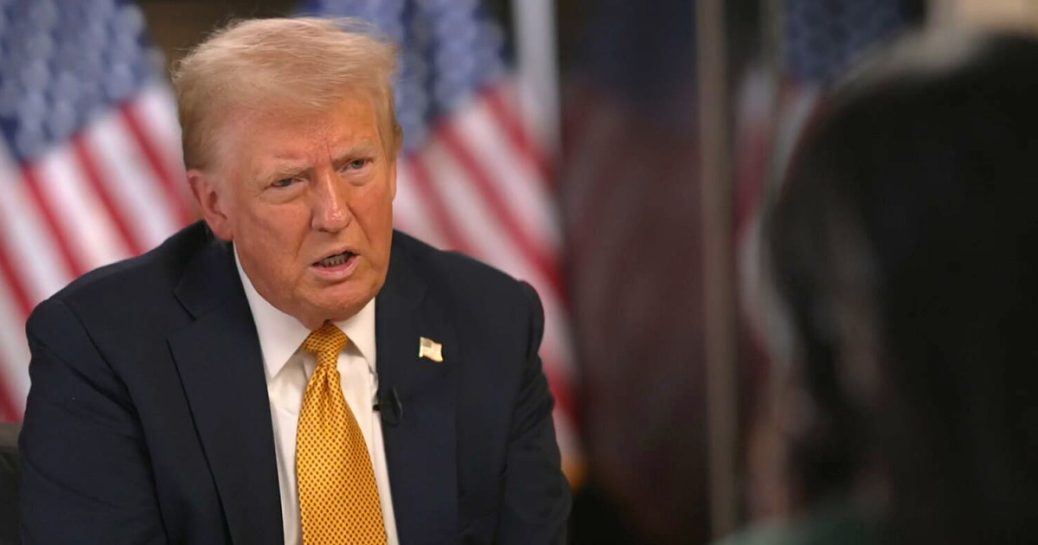
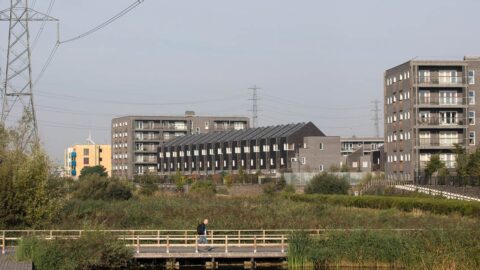
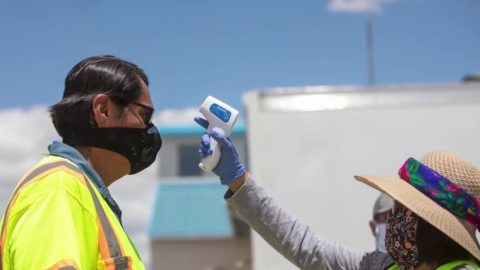
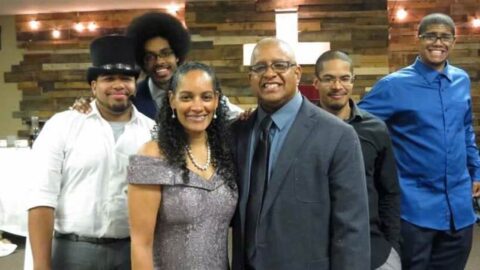
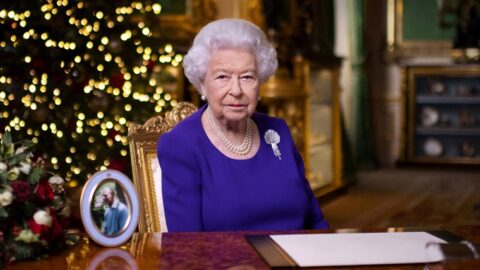

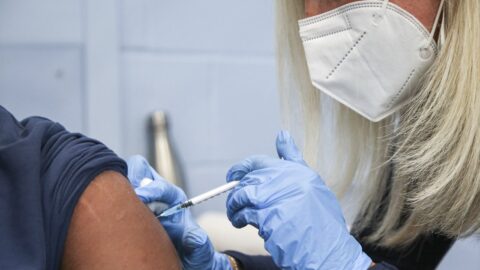
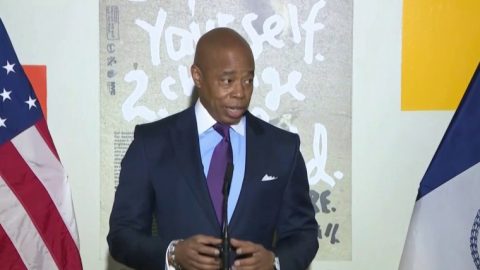
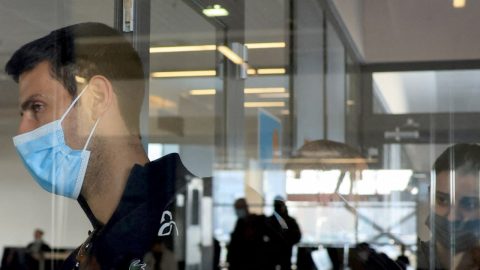
Recent Comments